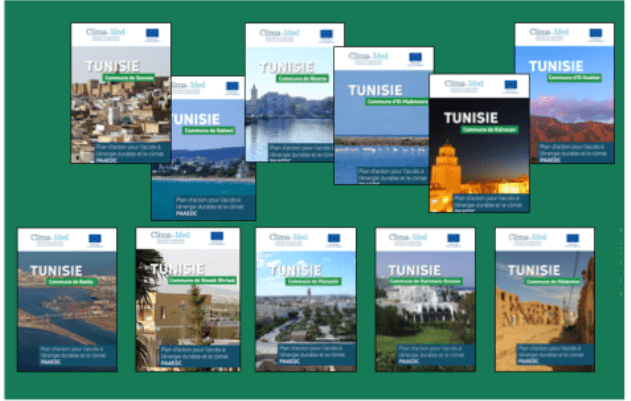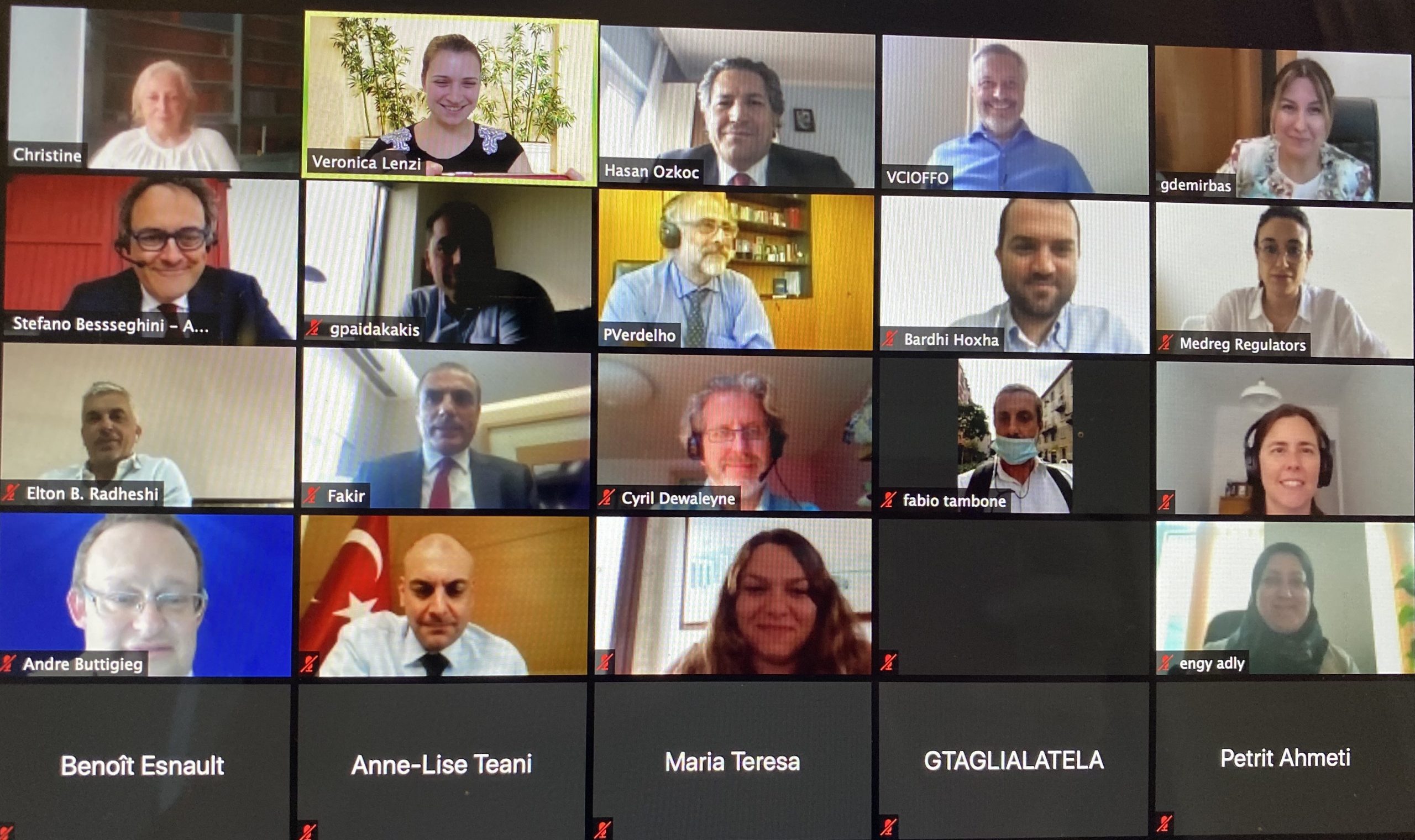Scaling up Climate Action and Sustainability efforts in Tunisia with 11 new SEACAPs

Tunisia is a land of stunning contrasts, with a beautiful coastline and rich Mediterranean culture. However, it faces significant climate challenges that impact the environment and its people. Decreasing rainfall and more frequent extreme weather, including a rapid rise in sea levels, are causing coastal erosion and flooding in low-lying areas.
Despite the global challenge, Tunisia has taken decisive action to tackle climate change. It has recognized climate change as a top priority at the national and local levels and has shown steadfast commitment to sustainability. It has made significant progress toward reducing environmental impact and adapting to climate challenges.
A standout example of this is the commitment of 11 Tunisian cities: Sousse, Nabeul, Bizerte, El Maâmoura, Kairouan, El Guettar, Médenine, Hammam Sousse, Monastir, Sissen Dhriaat and Radès have joined the Covenant of Mayor for the Mediterranean (CoM Med) and prepared their Sustainable Energy Access and Climate Action plans (SEACAPs) with the continuous support of the EU-funded Clima-Med project. These plans represent a comprehensive roadmap to achieving long-term sustainability, focusing on reducing greenhouse gas emissions, promoting renewable energy sources, improving energy efficiency, and adapting to the inevitable impacts of climate change.
Two municipalities in Tunisia, Nabeul and Sfax, have become examples of hope in the fight against climate change. Their success stories in implementing part of the SEACAP projects and receiving an EU grant for the C4C Climate for Cities programme are inspiring.
In Nabeul, the launch of the “C4C Nabeul Ville Verte” (Green City) project focuses on developing a greener urban environment through renewable energy and sustainable practices. Similarly, in Sfax, the “C4C MAIS Sfax: Mobilité Active et Intelligence à Sfax” project promotes active mobility and smart city solutions. These projects, developed in collaboration with local and international organizations, are transforming both cities into models of climate resilience and sustainable development. They showcase the success of SEACAP initiatives across Tunisia as municipalities strive to reduce their environmental impact and embrace a greener future.



























 Syria
Syria 



